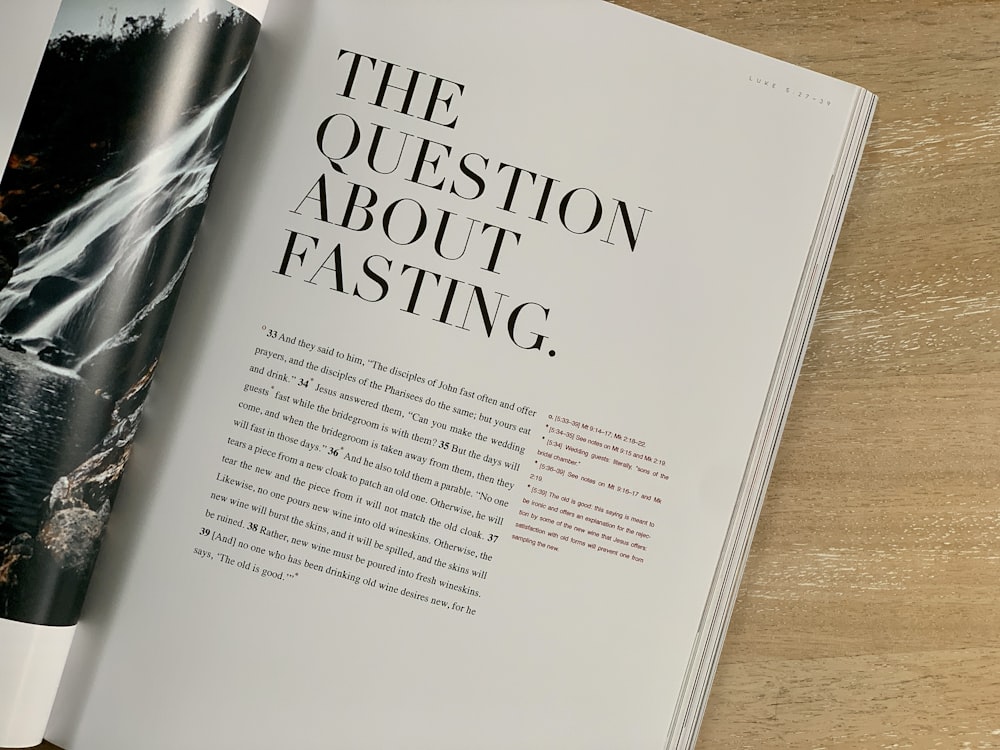The purpose of 16:8 intermittent fasting is to give your body an opportunity to rest from its normal daily routine. This is accomplished by taking in all of your nutrition during a six-hour window. The 16:8 intermittent fasting helps you control your appetite and cravings. You will be less likely to crave junk food because you’re not starving yourself. It allows you to lower your insulin levels, which can help improve your energy levels and reduce inflammation throughout the day. Eating regularly may also help improve your mood due to constant dips in blood sugar levels.
What is 16/8 intermittent fasting
16/8 Intermittent fasting (or 16:8) is an umbrella term for any diet that cycles between periods of fasting and non-fasting.
It can be quite difficult to keep up with a schedule like this, but as long as you get ample time during the week to relax all your worries away, it can really bolster your mood and make you feel more in tune with yourself. As far as weight loss goes, intermittent fasters usually see results much quicker than those who strictly follow a specific diet day in and day out. Not only does it help you drop the pounds, but there’ve also been studies that show that those who practice intermittent fasting live longer because they’re taking care of their bodies’ nutrition needs in such a way that keeps them from having a compromised immune system.
How it works
Intermittent fasting can be a great way to lose weight and improve your general health. But what is it exactly? Intermittent fasting is an umbrella term for any diet that cycles between periods of fasting and non-fasting. There are many different variations, but they all include restrictions on eating during certain hours of the day. In most cases, you’ll eat only within an 8-hour window. During the remaining 16 hours, you won’t consume anything except water and other beverages like coffee or tea, foods with no calories or low-calorie foods like vegetables. Eating regularly may also help improve your mood due to constant dips in blood sugar levels.
Does intermittent fasting help with weight loss? Yes, intermittent fasting can be a great way to lose weight and improve your general health. Eating regularly may also help improve your mood due to constant dips in blood sugar levels.
Weight loss with fasting
There are different ways to lose weight, and intermittent fasting is one of them. It can be hard to stick to the schedule, but if you allow yourself enough time during the week away from your worries, it can really bolster your mood. As far as weight loss goes, intermittent fasters usually see results much quicker than those who strictly follow a specific diet day in and day out. Not only does it help you drop the pounds but there’ve also been studies that show that those who practice intermittent fasting live longer because they’re taking care of their bodies’ nutrition needs in such a way that keeps them from having a compromised immune system.

Does intermittent fasting help diabetes?
Eating regularly may help improve your mood due to constant dips in blood sugar levels. Does intermittent fasting help with diabetes? Yes, intermittent fasting can be a great way to lose weight and improve your general health. It can help reduce the symptoms of diseases like diabetes and other chronic illnesses.
Eating window
When you are practising intermittent fasting you will get an eating window. In this period you can eat all foods that help your body.
When you’re eating window is closed you have to fast for 16 hours (minimum). You can only drink water, sodas or teas without sugar.

Calorie intake
Your calorie intake should be within your required calorie intake per day. If you consume 2,500 calories per day, then you should consume 250 in one meal and 125 for each snack which is a total of 500 calories. These numbers should be as close to what’s actually needed not more than that, else it’ll go against the purpose of dieting.
Cancer protection
The way metabolism works make cancer cells use glucose faster than normal cells so fasting could kill them off. There are studies too that show that intermittent fasting also reduces the risk of breast and prostate cancers and can help patients recover from chemotherapy and other treatments better.
Other types of intermittent fasting
There are many types of intermittent fasting like time-restricted feeding, alternate-day fasting and whole-day fasting.
Time-restricted feeding (16/8) – Hunger is controlled by repeating cycles of fasting and eating even if there’s a 16-hour window for the former.
Alternate day fasts are a form of intermittent fasting they are low-calorie intake on one day followed by higher calories on the next while still maintaining the 16-hour eating window.
Whole day fasts are completely skipping meals which could be hard to maintain without severely restricting what you’re allowed to eat within your allotted eight hours.
These types of intermittent diets can be really hard to stick to and keep up with but they can also vary in their effectiveness so it’s best to research them first before trying them out. You should take into consideration how long you’ve gone without food before deciding
Eating plan
Making an eating plan will help you reach your goals faster. You can see how many calories you need, which foods to eat in an eight-hour period and what to do in the remaining 16 hours of fast.

Effectiveness
Intermittent fasting is a great way to lose weight if done correctly. It may be hard but it’s definitely something worth trying out especially if you feel like you’re not seeing results from other diets. There are different versions and they have varying degrees of effectiveness, so it’s best to research them first before trying them out. Experimenting with intermittent fasting might just help you succeed in losing more weight than those who strictly follow diet routines day in and day out. More importantly, make sure that your body feels good when following a particular method or else you won’t be able to sustain the routine in the long run.
Final Thoughts
Intermittent fasting is a great diet that can help you lose weight and improve your general health. It’s best to research different types of intermittent fasting before trying them out, but there are many benefits like reducing the symptoms of diabetes or other chronic illnesses when done correctly. Make sure not to go against what your body says it needs because if this happens you won’t be able to sustain the routine in the long run.











